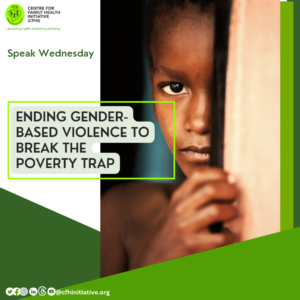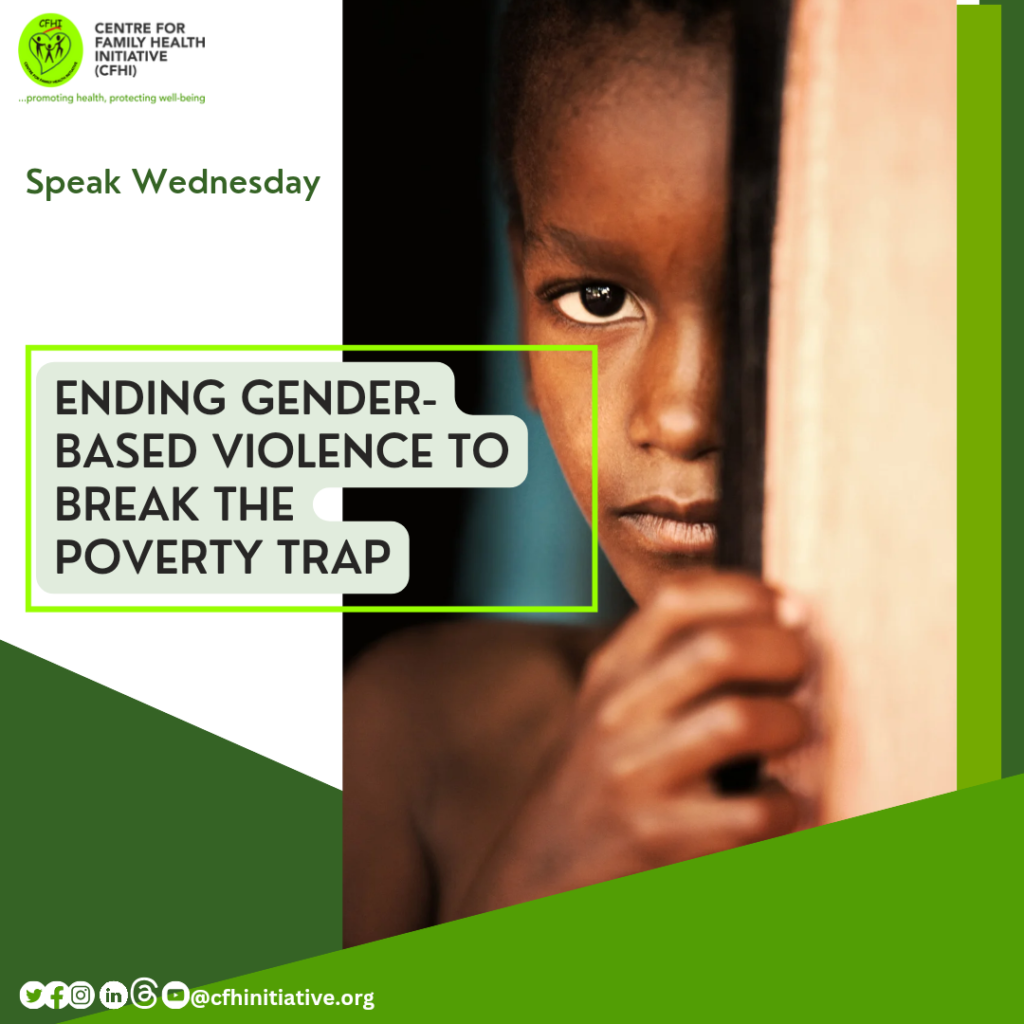Gender-based violence (GBV) isn’t just a violation of human rights—it’s a barrier that keeps women trapped in poverty. Women and girls, disproportionately affected by violence, often face disrupted education, loss of employment, and health complications, locking them into cycles of financial dependence and limiting their potential. Poverty, in turn, makes it harder for them to escape abusive situations.
Violence against women costs the world over $5.8 trillion annually in lost productivity and healthcare expenses, according to the World Bank. This shows that GBV isn’t just a personal or family problem—it’s an economic issue that holds entire communities back.
Education and economic empowerment are crucial to breaking this cycle. Women with access to education are more likely to gain employment and become financially independent, enabling them to leave abusive situations. When girls stay in school and women gain financial independence, their chances of being stuck in violent relationships drop significantly.
However, it’s not just about helping survivors. Governments must strengthen laws to protect women, and society needs to shift cultural norms that normalize violence. This includes engaging men and boys in discussions about healthy masculinity, gender equality, and non-violence.
Ending GBV is essential to ending poverty. By tackling violence and empowering women, we can break the chains of both abuse and poverty, creating more equitable societies where everyone can thrive.
Speak Wednesday is an initiative of CFHI to address issues around gender-based violence and gender bias.
#SpeakWednesday #EndGBV #WomenEmpowerment #EqualityForAll #GenderEquality #GenderBias
**References:**
– World Bank. “Violence Against Women and Girls.”
– United Nations. “Ending Gender-Based Violence.”
– Heise, Lori. “A Global Review of Gender-Based Violence.”


